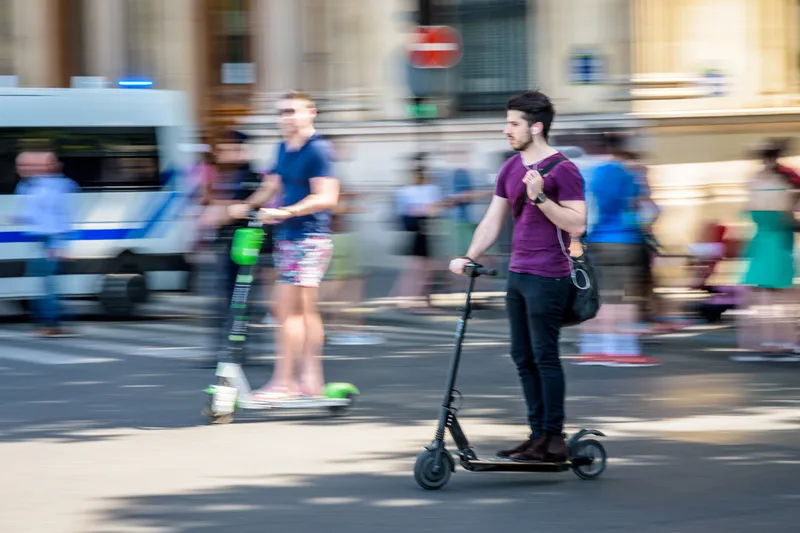Recent research carried out by Opinion Matters for Zipcar among 2,500 car owner/drivers in London, Barcelona, Paris and Madrid, who drive regularly within these cities indicates that drivers are spending up to US$27 an hour owning a car.
The research, which was based specifically on city drivers that own a car worth up to US$21,000 at time of purchase tallied up typical car costs such as road tax, maintenance, insurance, petrol and parking, as well as taking into account depreciation over the year. It
January 20, 2016
Read time: 2 mins
Recent research carried out by Opinion Matters for 3874 Zipcar among 2,500 car owner/drivers in London, Barcelona, Paris and Madrid, who drive regularly within these cities indicates that drivers are spending up to US$27 an hour owning a car.
The research, which was based specifically on city drivers that own a car worth up to US$21,000 at time of purchase tallied up typical car costs such as road tax, maintenance, insurance, petrol and parking, as well as taking into account depreciation over the year. It shows just how much city drivers are prepared to spend on their cars versus the relatively limited amount of time they spend driving them. In total, the average Londoner spends just 182 hours in their car annually, at a cost of US$27 per hour. Drivers in Paris spend an average of 132.5 hours in their car each year, at a cost of US$26 per hour, while drivers in Barcelona use their car for 197.6 hours a year, at a cost of UAS$16 per hour. In Madrid, drivers pay US$17 per hour for the 218.4 hours a year they spend driving.
Drivers gave convenience, flexibility and the cost of using public transport as the top reasons for using their car; bad weather and the reliability of public transport were also given as reasons for owning a car in a major city.
Mark Walker, general manager of car club Zipcar UK said: “For most Londoners, their daily routine transport needs are satisfied perfectly by public transport, cycling and walking. Owning a car for the occasional genuine need to drive is a real luxury, due to the heavy fixed costs that hit you – even before you’ve travelled a single mile – like, depreciation, insurance, maintenance/MOT and parking permit. London is blessed with an excellent transport network and, if more people were to do the sums for themselves and realise how much their car trips cost them on an actual usage by-the-hour basis, they would be shocked.”
The research, which was based specifically on city drivers that own a car worth up to US$21,000 at time of purchase tallied up typical car costs such as road tax, maintenance, insurance, petrol and parking, as well as taking into account depreciation over the year. It shows just how much city drivers are prepared to spend on their cars versus the relatively limited amount of time they spend driving them. In total, the average Londoner spends just 182 hours in their car annually, at a cost of US$27 per hour. Drivers in Paris spend an average of 132.5 hours in their car each year, at a cost of US$26 per hour, while drivers in Barcelona use their car for 197.6 hours a year, at a cost of UAS$16 per hour. In Madrid, drivers pay US$17 per hour for the 218.4 hours a year they spend driving.
Drivers gave convenience, flexibility and the cost of using public transport as the top reasons for using their car; bad weather and the reliability of public transport were also given as reasons for owning a car in a major city.
Mark Walker, general manager of car club Zipcar UK said: “For most Londoners, their daily routine transport needs are satisfied perfectly by public transport, cycling and walking. Owning a car for the occasional genuine need to drive is a real luxury, due to the heavy fixed costs that hit you – even before you’ve travelled a single mile – like, depreciation, insurance, maintenance/MOT and parking permit. London is blessed with an excellent transport network and, if more people were to do the sums for themselves and realise how much their car trips cost them on an actual usage by-the-hour basis, they would be shocked.”









